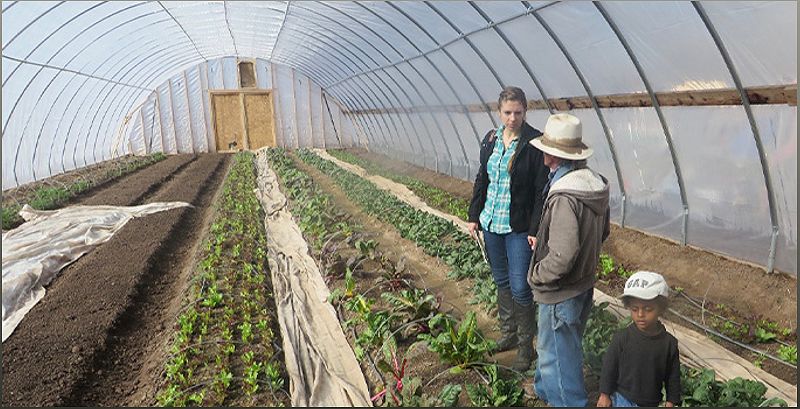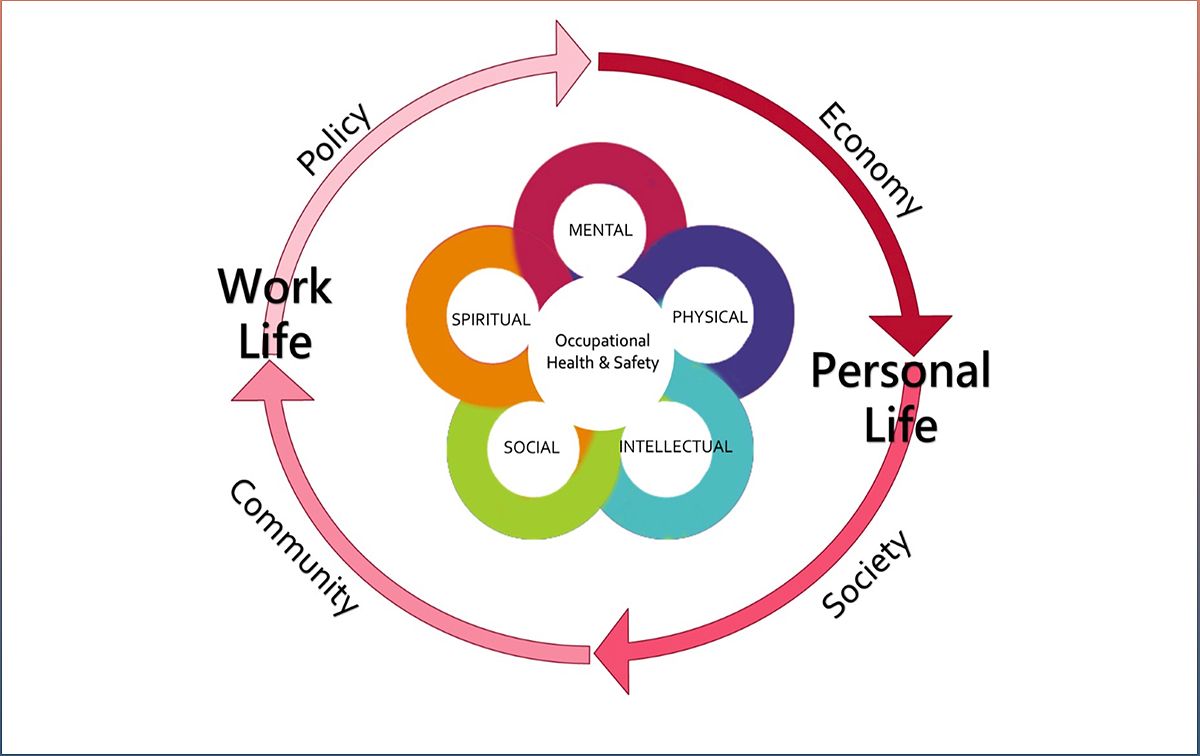Researchers at The University of New Mexico’s College of Population Health are conducting a national study to gain a deeper understanding of organic farmers. The study explores various aspects of organic farming, including the impact of COVID-19, occupational safety and health, and the overall well-being of farmers. This study aims to inform research, policy, and resource allocation to support a more sustainable and resilient agricultural system.
Understanding Organic Farmers: An In-depth Study
Organic farming is a crucial component of our agricultural system, promoting ecological balance and biodiversity while avoiding synthetic chemicals. To shed light on this essential workforce, researchers at The University of New Mexico’s College of Population Health (COPH) are conducting a comprehensive study.

( Credit to: Hsc )
Led by Dr. Francisco Soto Mas and an interdisciplinary team of researchers, this study delves into various aspects of organic farming, including the impact of COVID-19, occupational safety and health, and the overall well-being of farmers. With their expertise and experience, these researchers are poised to provide valuable insights that can inform research, policy, and resource allocation.

( Credit to: Hsc )
By understanding and supporting organic farming practices, we can contribute to a more sustainable and resilient agricultural system that benefits both farmers and the communities they serve.
The Impact of COVID-19 on Organic Farmers
The COVID-19 pandemic has had a significant impact on organic farmers and the farming community as a whole. In the initial phase of the study, researchers examined the prevalence of COVID-19 infections among farmers, the challenges they faced in implementing preventive measures, delays in accessing healthcare services, vaccination status, and the overall impact on their families, farms, and businesses.

( Credit to: Hsc )
The findings of this phase, published in national and international scientific journals, provide valuable insights for healthcare, public health, and emergency preparedness efforts. Understanding the impact of COVID-19 on organic farmers is crucial for supporting their well-being and ensuring the resilience of our food system.
Occupational Safety and Health: A Focus on Organic Farmers
While organic farming offers numerous benefits, it is essential to address the occupational safety and health of organic farmers. The second phase of the study takes a comprehensive approach to investigate various dimensions of organic farming, including injury and illness rates.
By examining safety practices, injury rates, and health status, the researchers aim to bridge critical gaps in national occupational surveillance systems. This multidimensional approach provides a comprehensive understanding of the organic farmer and has the potential to inform research, practice, policy, and resource allocation at various levels.
Beyond Physical Health: Exploring the Well-being of Organic Farmers
Organic farming is not just about physical health; it encompasses the mental, social, intellectual, and spiritual aspects of farmers’ lives. In this study, researchers go beyond traditional measures of occupational safety and health to understand how these factors influence the overall well-being of organic farmers.
By examining these dimensions, the study aims to provide a holistic understanding of the organic farmer and identify ways to support their well-being. This comprehensive approach recognizes the interconnectedness of various aspects of farmers’ lives and the importance of addressing their overall health and happiness.
Contributing to a Sustainable Future: The Role of Organic Farming
Organic farming not only benefits farmers but also contributes to a more sustainable and resilient agricultural system. By promoting land preservation, environmental conservation, and food availability, organic farming strengthens social networks and enhances community resilience.
Through this study, researchers aim to highlight the positive impact of organic farming on community well-being and advocate for its continued support. By embracing organic farming practices, we can create a more sustainable future for ourselves and future generations.
